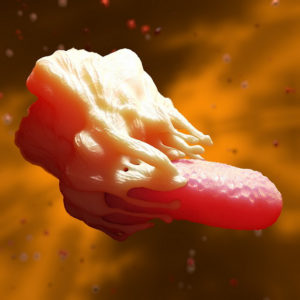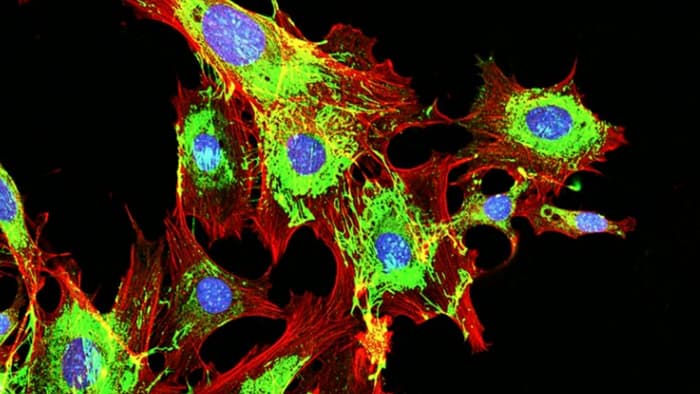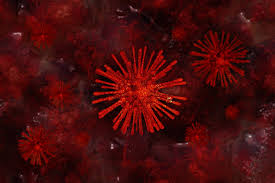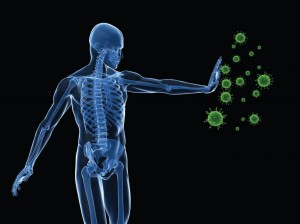Dying tumor cells release the phospholipid S1P, which stimulates proinflammatory responses in tumor-associated macrophages, including secretion of the protein lipocalin-2. Jung et al.discovered that in the context of breast cancer, this pathway causes lymphatic endothelial cells to release a factor that promotes the formation of new lymphatic vessels. The problem is that breast cancer cells can metastasize via lymphatic vessels. If the S1P-lipocalin-2 pathway is inhibited in mice, then metastasis is suppressed. Likewise, infection can trigger the release of S1P and thus could also enhance metastasis (see the Focus by Rodvold and Zanetti).







